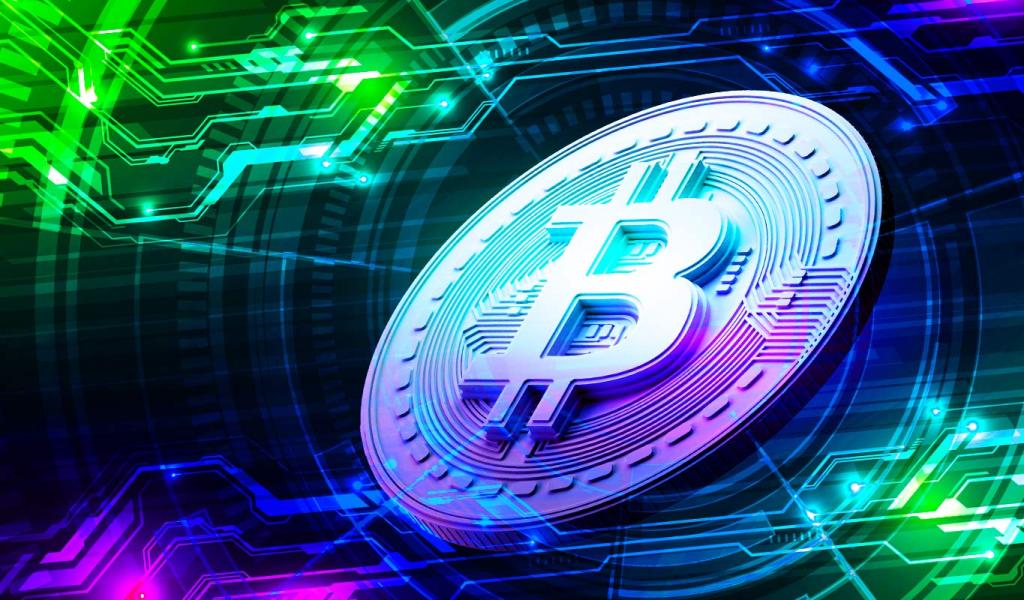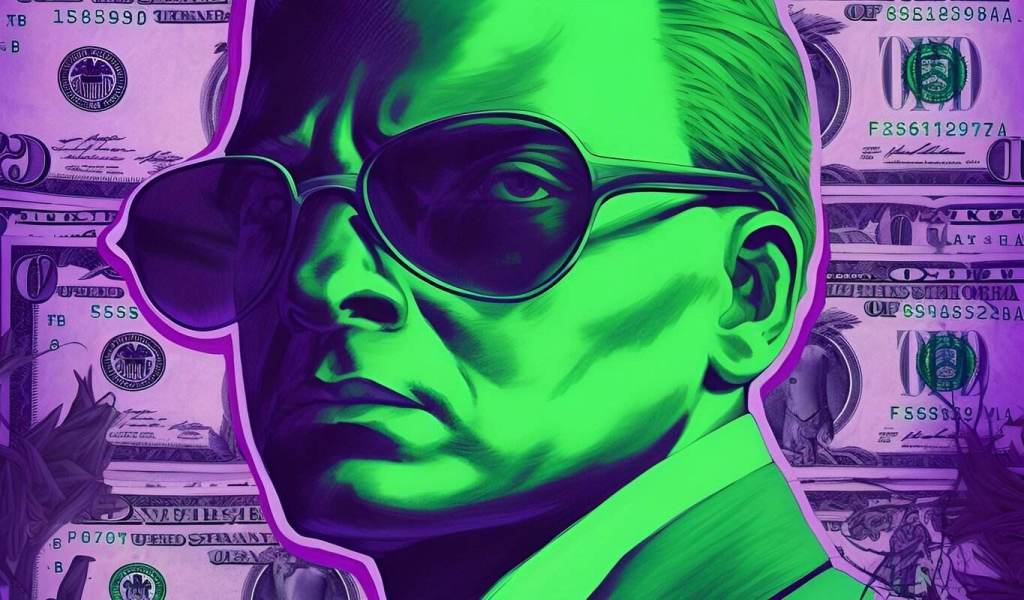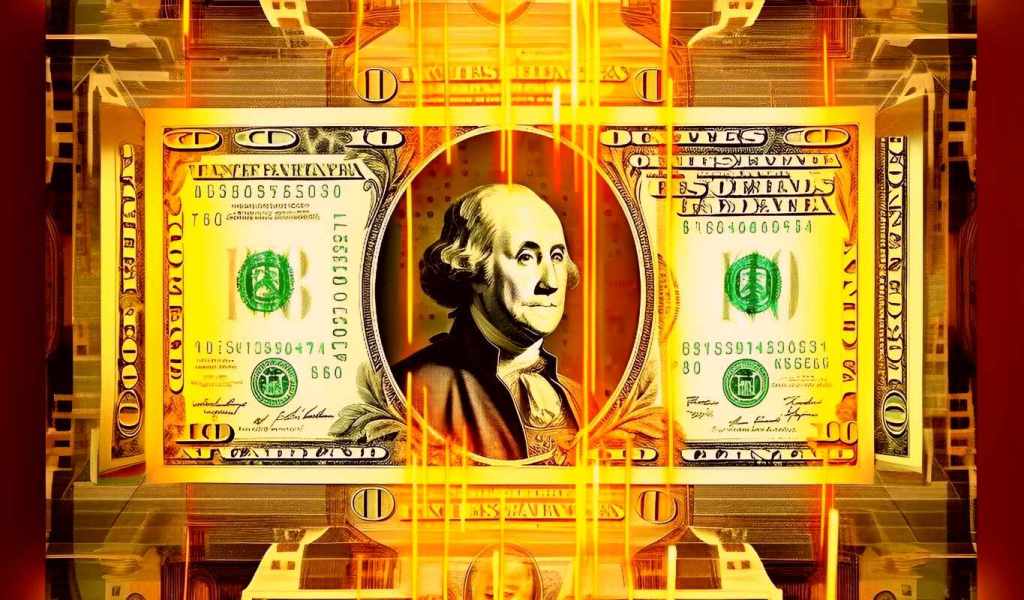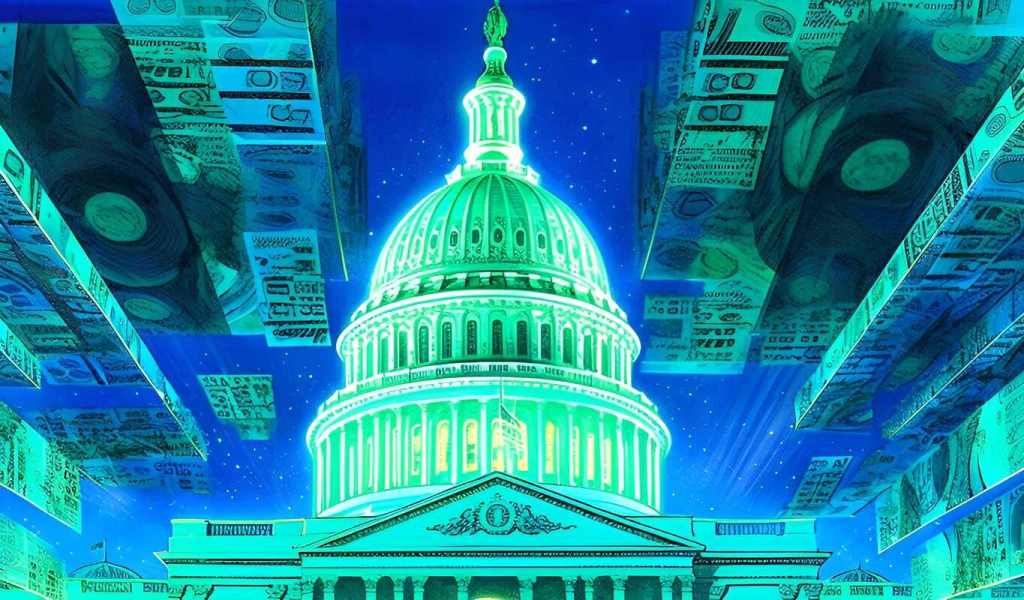
The project, delayed from last year, will enlist bank employees and nearby businesses for the pilot. Each payment provider has launched its own app.
The Bank of Thailand will launch a retail central bank digital currency (CBDC) pilot project in a regulatory sandbox this month. Three payment providers will take part, according to local media. The project will involve up to 10,000 users and run through August.
Bank of Ayudhya (Krungsri), Siam Commercial Bank and Singapore-based payments service provider 2C2P will partner with the Thai central bank on the project. Each of those organizations has made an app available to selected users that includes a wallet and a QR code scanner.
Krungsri will enlist up to 2,000 staff members to participate in the project, along with about 100 merchants located around the bank’s headquarters. It will expand the project to its Ploenchit branch as well. Krungsri Innovate managing director Sam Tanskul said:
“The bank needs to determine a strategy to differentiate retail CBDC from [its] PromptPay service.”
Siam Commercial Bank’s pilot will operate similarly to Krungsri’s, with staff and neighboring merchants participating.
Related: Thailand’s Central Bank Eyes DeFi Use Cases for Its Digital Baht
The pilot was announced in August and was originally scheduled to launch in 2022. The Bank of Thailand has called the project a “pilot to learn” rather than a pilot launch. The central bank has no official plans to launch a CBDC.
Twenty commercial banks in #HongKong, #China, #UAE and #Thailand used #mBridge and #CBDC to conduct payment and foreign exchange payment-versus-payment transactions on behalf of their corporate clients. Read the full report https://t.co/PhTtmQ8Lj4 pic.twitter.com/TE6Dv0dszr
— Digital Pound Foundation (@digitalpoundfdn) October 27, 2022
The Bank of Thailand announced it was developing a wholesale CBDC in 2018. It participated in the Bank for International Settlements’ mBridge cross-border payment project and Project Inthanon-Lion Rock project with the Hong Kong Monetary Authority.
In March, the country waived corporate income tax and value-added tax for companies that issue investment tokens. A government spokesman said Thailand could lose about $1 billion in revenue, but it expected investment tokens to generate $3.7 billion over the next two years.
Magazine: Thailand’s Crypto Utopia — ‘90% of a cult, without all the weird stuff’









